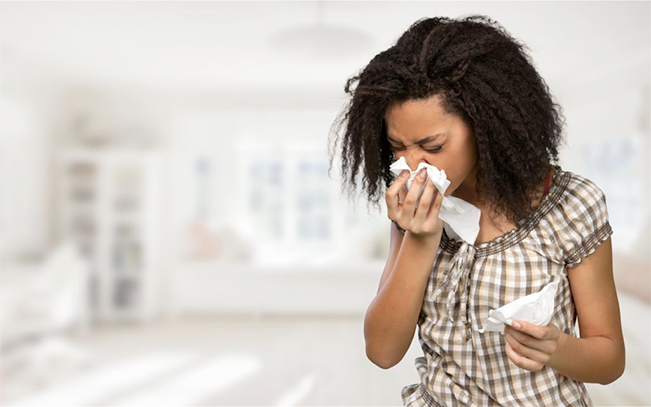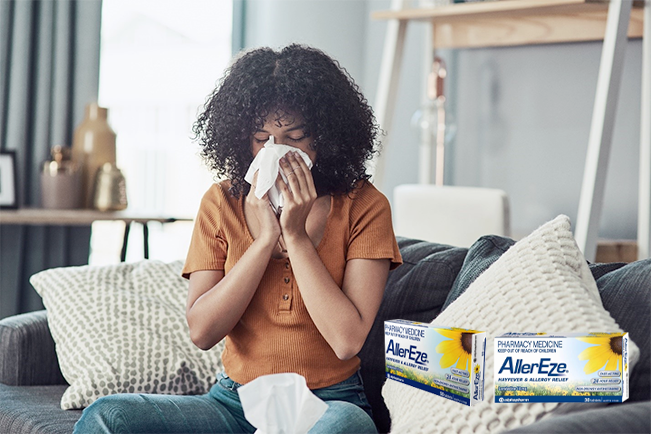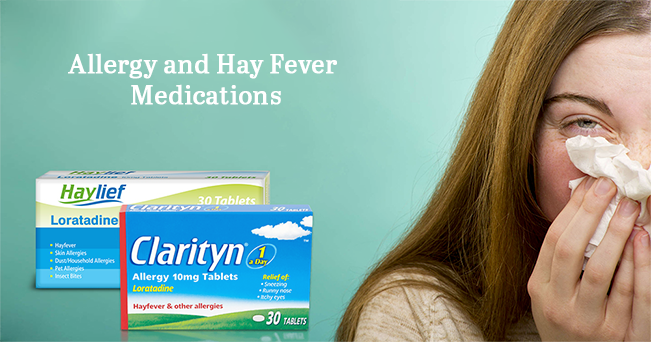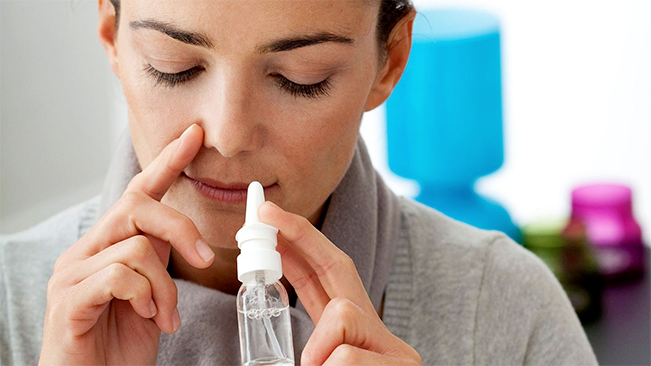
Allergic reactions are no fun, and if you are one of those who suffer from hay fever, you sure know this. Allergic reactions occur when your immune system responds in an abnormal fashion to a foreign substance or allergen such as pollen, food, mould and dust, insects, and pet dander. Whether it’s sneezing, rashes, sniffling, or hives, the symptoms are due to your immune system reacting to the allergen. Your body is trying to fight off harmful pathogens by releasing chemical messengers that cause the allergy symptoms.
Hay fever, in particular, is a hypersensitive, allergic reaction typically triggered by pollen, ragweed, and cats. The symptoms vary and can range from inconveniencing to life-threatening. Some people have very severe, but temporary, symptoms – for example during the pollen season when certain plants pollinate. Others have allergy symptoms that are present year-round.
There is currently no cure for hay fever and you cannot get rid of it permanently. However, there are various medications that can provide relief and ease your symptoms. Of course, the choice of medication will depend on the severity and whether it’s seasonal or year-round hay fever as well as your personal preferences or other medical conditions.
Some medications can have side effects, but usually, they are well tolerated. Nasal sprays are often recommended as first-choice treatment, but you may consider taking hayfever allergy tablets as well. Talk with your doctor to find the most suitable option for you.

Understanding Hay Fever
The most common cause of hay fever, or allergen, is pollen and it mainly affects the nose but it can also affect your eyes, throat, sinuses, and ears. Of course, it will vary from person to person, however, the most common symptoms are similar to when you have a cold, namely sneezing, a stuffy or runny nose, and itchy or watery eyes. Since your immune system views the inhaled pollen or other allergens as dangerous substances, all these symptoms are meant to protect your body. They trap and expel the allergen or swell your nasal passages so the allergen can’t enter.
Hay fever is often genetically determined and inherited by a parent or grandparent who also has allergies. People who have asthma or eczema are more likely to develop hay fever. And unlike other allergic reactions, which typically take a few hours to a few days to disappear, hay fever is often chronic and lasts for a longer period.
The best way to treat hay fever is to identify what causes the allergic reactions and then try to avoid the allergen triggering substance or at least minimize contact with it. But since this isn’t always possible, allergy medications are here to make your life with hay fever easier.

Allergy and Hay Fever Medications
More often than not, you will need an adequate treatment that can help ease your symptoms and improve the allergy. Sometimes the cause is obvious such as a pet. But if you have trouble working out the cause of your hay fever, consider talking with your doctor. Your doctor may suggest allergy tests and then prescribe medication such as hayfever allergy tablets or nasal sprays to help relieve your symptoms.
Do hayfever tablets help allergies? A few can really help ease the symptoms of your hay fever if you take them regularly. At first, some nonprescription antihistamines or decongestants may be tried to decrease nasal congestion, a runny nose, and itching or watery eyes. If symptoms persist, then consider a prescription-strength medication. Your doctor will give advice on which medication may be best for you. Let’s take a closer look at some common medications for allergies and hay fever.
Steroid Nasal Sprays
Also called corticosteroid nasal sprays, steroid nasal sprays tend to be the first choice and the most effective hay fever treatment. These are anti-inflammatory medicines that you spray into your nose and treat symptoms like itching, runny nose, and congestion. They work by reducing inflammation in the nose and can provide relief within 12 hours of your first dose. Steroid nasal sprays include budesonide, fluticasone, and mometasone.

Antihistamines
Antihistamines are drugs available in pills, nose sprays, and eye drops that can rapidly ease the hay fever symptoms of itching, sneezing, and watering. Antihistamines work by blocking the action of histamine, one of the chemicals that your body makes during an allergic reaction. Preferable options include cetirizine, fexofenadine, and loratadine. If taken regularly, these pills will keep symptoms away. However, you should be careful as they can cause drowsiness. If you have mild symptoms, a spray can be used as required. And if necessary, you can use eye drops in addition to other treatments.
Decongestants
Decongestants are drugs that help relieve the swelling inside your nose that makes it stuffy. They are available in pills or liquids, like pseudoephedrine and phenylephrine, or as a nasal spray like oxymetazoline and phenylephrine. It’s not recommended to use nose drops and sprays for more than 3 days in a row since your nose will get used to them and you might get rebound congestion. Like any other medication, decongestants can also cause problems for some people. That’s why it’s a good idea to talk to your doctor first to see if a decongestant will work for you.
























